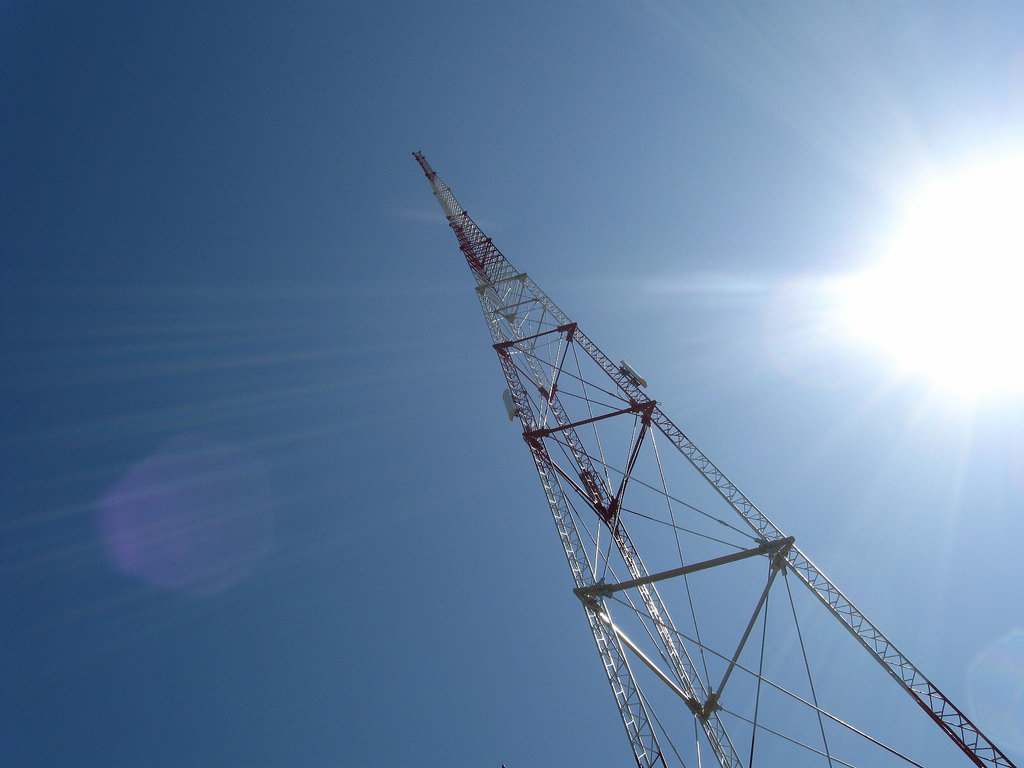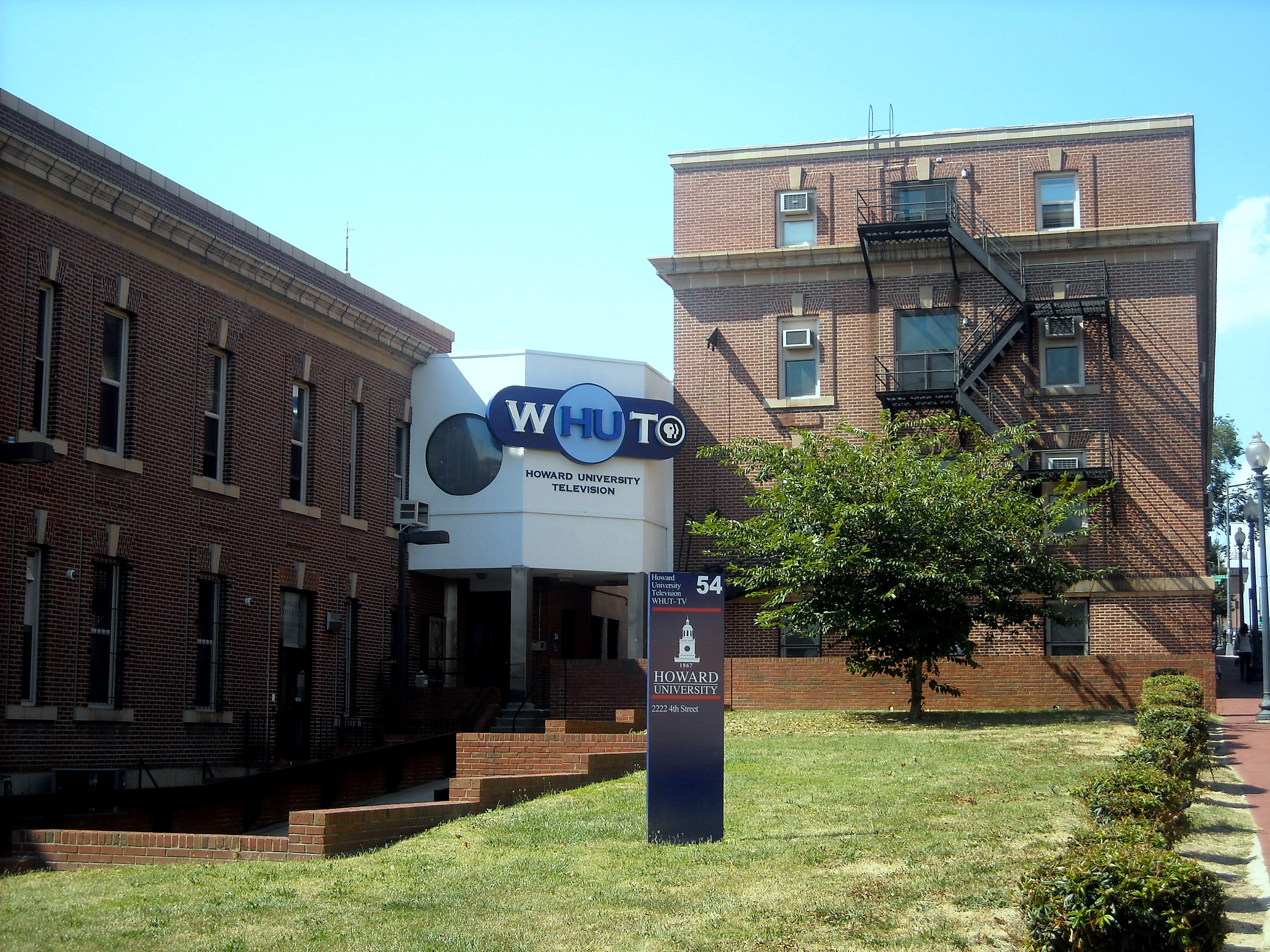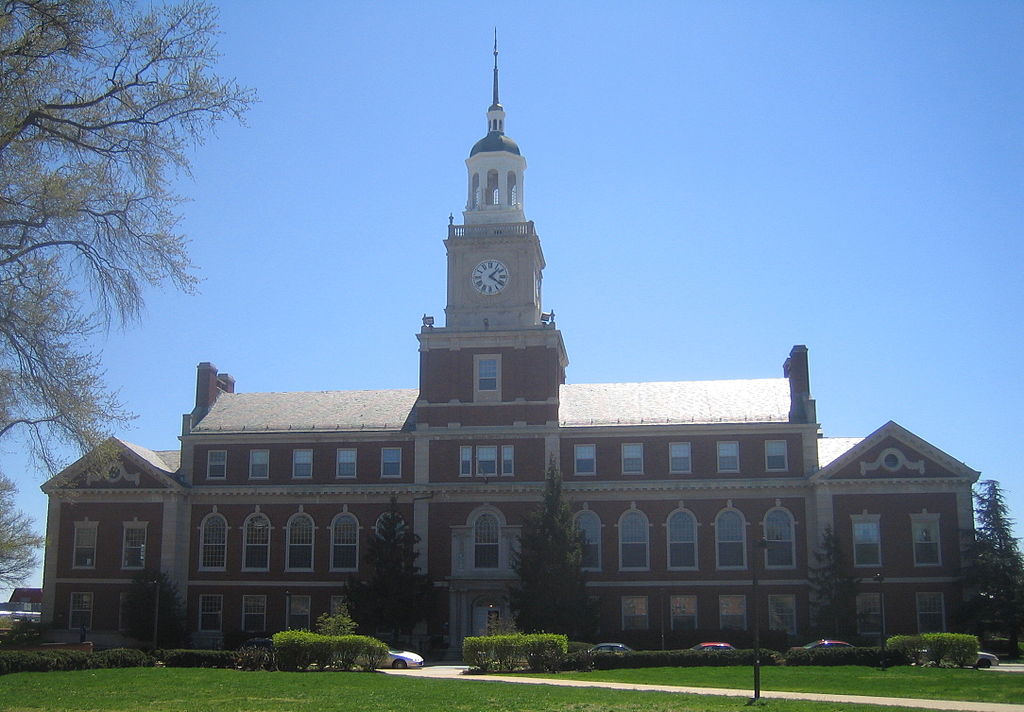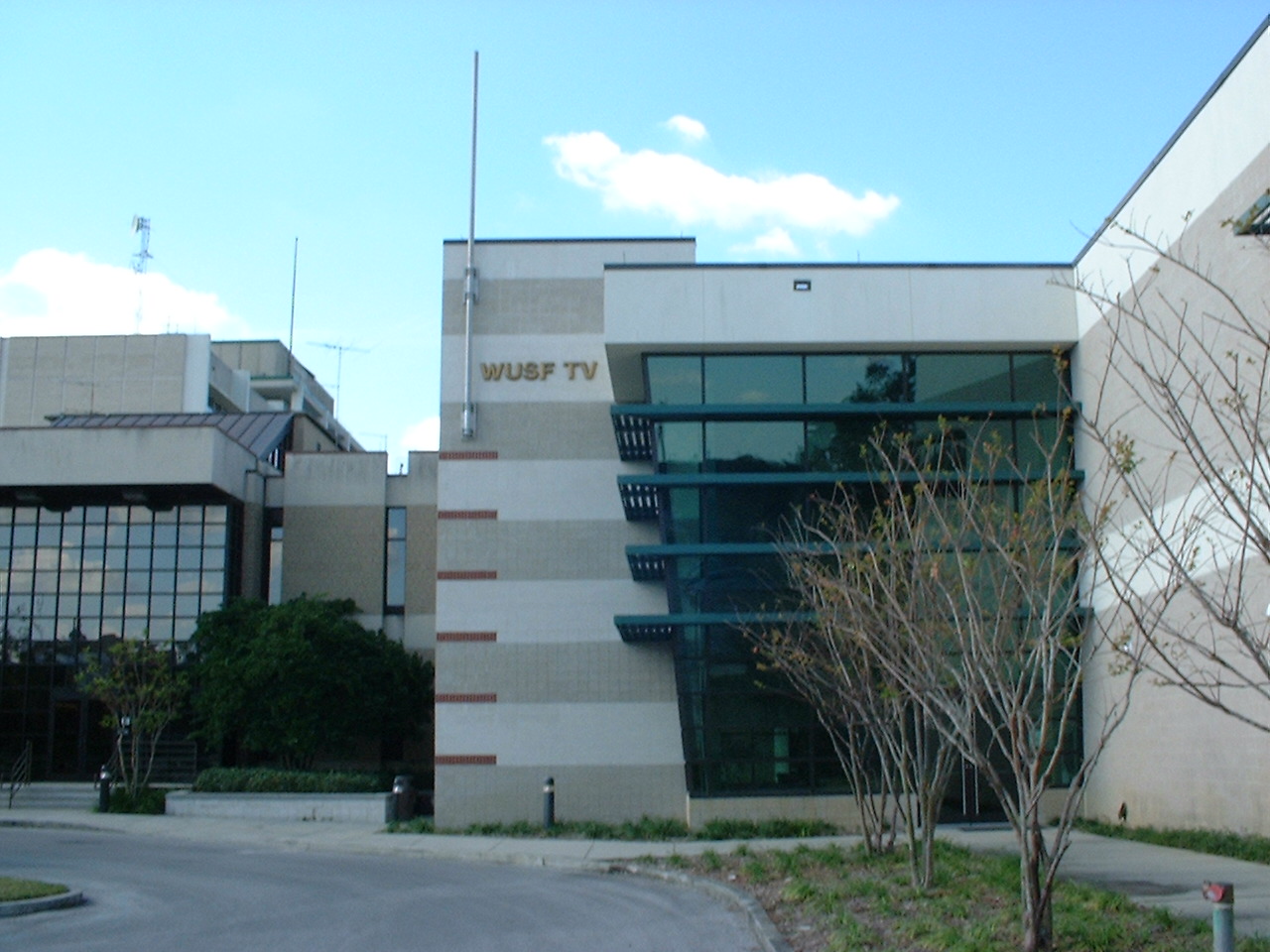The FCC Spectrum Auction
Results of the FCC spectrum auction were released in April 2017, with dozens of public media licensees earning close to $2 billion by selling their spectrum for use by wireless companies. The aftermath is still playing out, with many TV and radio stations required to move to new spectrum, and some TV stations that sold spectrum seeking to stay on the air through channel-sharing deals. Stay up to date with our ongoing coverage.
FCC turns down special protection for public TV translators in spectrum auction
Translator operators may not be able to find new channel space after the auction is over.A guide to the FCC spectrum auction
Learn how the auction will work and what it means for public TV stations and viewers.Why public radio stations should care about the TV spectrum auction
The auction’s biggest impact will be on public TV, but a consultant warns that radio could experience fallout.Simulation will predict impact of spectrum auction on pubcasters
Consultants will draw on data to estimate the likelihood that the FCC will purchase a public TV station’s spectrum and how much ...Smart Spectrum Summit explores broadcasting’s role in emergencies
The Smart Spectrum Summit, the first of its kind, brought together public and commercial broadcasters, telecom policymakers, equipment manufacturers, digital technologists and ...Spectrum auction offers chance for increased investment in Washington’s WHUT
A member of the public TV station’s advisory board makes a case for keeping it on the air.WHUT in Washington, D.C., could lose spectrum in FCC auction
The FCC set the opening bid for WHUT’s spectrum at $461 million, though prices are expected to plunge during the bidding process.FCC issues initial bids for first phase of spectrum auction
Among the larger opening bids for public television spectrum are $775 million for New Jersey Public Television and $672 million for WLIW, ...Florida public TV station examines options as spectrum auction looms
The university has hired financial consultancy Bond & Pecaro to estimate WUSF’s spectrum value.Trustees at WUSF’s university vote to participate in upcoming auction
The trustees did not vote on how the public TV station would participate.









